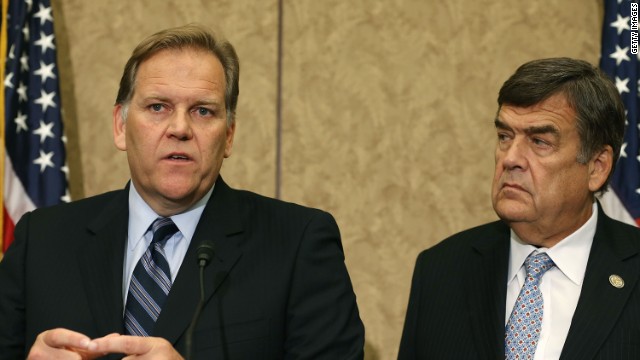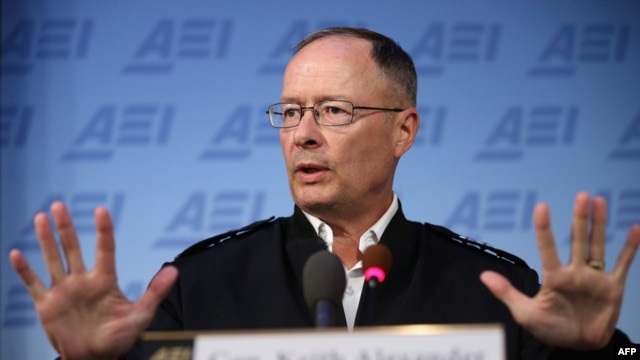China Weaponizes Cyberspace
February 21, 2013
By Arnold Ahlert
A damning, 60-page report released by American computer security firm Mandiant reveals that a 12-story building on the outskirts of Shanghai is most likely the epicenter of ongoing cyber attacks perpetrated against a number of American corporations and government agencies, as well as entities such as power grids, gas lines and water works. The building, located in a run-down section of the city, is the headquarters of the Peoples Liberation Army (PLA) Unit 61398. A 2010 report by Mandiant questioned whether the Chinese government was directly involved in such hacking. No longer. The details we have analyzed during hundreds of investigations convince us that the groups conducting these activities are based primarily in China and that the Chinese Government is aware of them, the report states.
The report further notes that Mandiant continues to track dozens of APT (Advanced Persistent Threat) groups around the world; however, this report is focused on the most prolific of these groups. We refer to this group as APT1′ and it is one of more than 20 APT groups with origins in China. APT1 is a single organization of operators that has conducted a cyber espionage campaign against a broad range of victims since at least 2006. From our observations, it is one of the most prolific cyber espionage groups in terms of the sheer quantity of information stolen.
...
China Weaponizes Cyberspace
February 21, 2013
By Arnold Ahlert
A damning, 60-page report released by American computer security firm Mandiant reveals that a 12-story building on the outskirts of Shanghai is most likely the epicenter of ongoing cyber attacks perpetrated against a number of American corporations and government agencies, as well as entities such as power grids, gas lines and water works. The building, located in a run-down section of the city, is the headquarters of the Peoples Liberation Army (PLA) Unit 61398. A 2010 report by Mandiant questioned whether the Chinese government was directly involved in such hacking. No longer. The details we have analyzed during hundreds of investigations convince us that the groups conducting these activities are based primarily in China and that the Chinese Government is aware of them, the report states.
The report further notes that Mandiant continues to track dozens of APT (Advanced Persistent Threat) groups around the world; however, this report is focused on the most prolific of these groups. We refer to this group as APT1′ and it is one of more than 20 APT groups with origins in China. APT1 is a single organization of operators that has conducted a cyber espionage campaign against a broad range of victims since at least 2006. From our observations, it is one of the most prolific cyber espionage groups in terms of the sheer quantity of information stolen.
...
China Weaponizes Cyberspace




